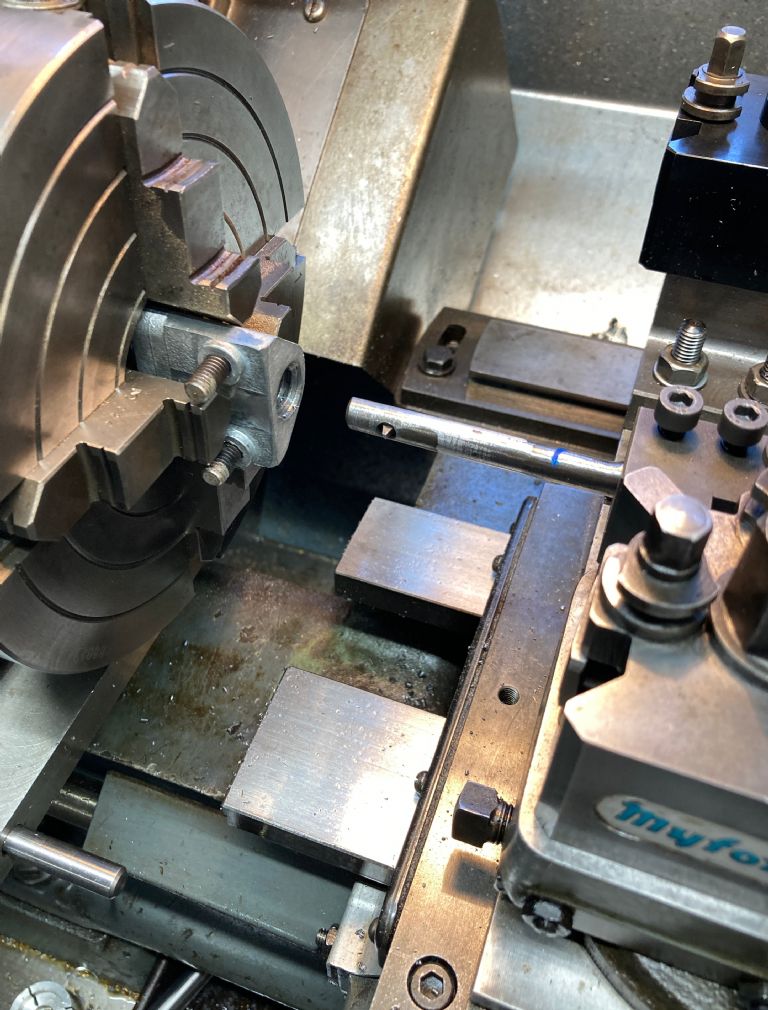Boxford “Industrial 11-20” crosslide thread?
Boxford “Industrial 11-20” crosslide thread?
- This topic has 22 replies, 12 voices, and was last updated 11 January 2023 at 21:39 by
Hopper.
Viewing 23 posts - 1 through 23 (of 23 total)
Viewing 23 posts - 1 through 23 (of 23 total)
- Please log in to reply to this topic. Registering is free and easy using the links on the menu at the top of this page.
Latest Replies
Viewing 25 topics - 1 through 25 (of 25 total)
-
- Topic
- Voices
- Last Post
Viewing 25 topics - 1 through 25 (of 25 total)
Latest Issue
Newsletter Sign-up
Latest Replies
- Amadeal AMABL210E Review – Any Requests?
- Readability / clarity in new combined magazine
- Mardrive component Misplaced motor component
- TurboCAD Snaps and Dimensioning?
- Maisie lubricator
- Is Green Hammerite really so ‘infra dig ‘ ?
- Vee micrometer
- Octopus … Is there method in this madness ?
- Meddings MF4 Manual
- ME beam engine






